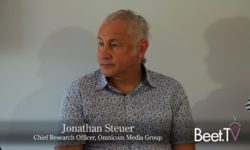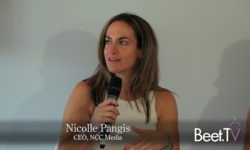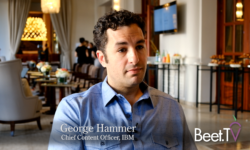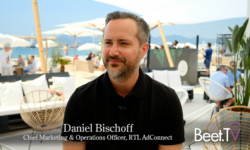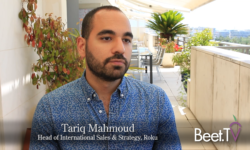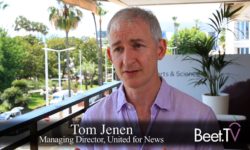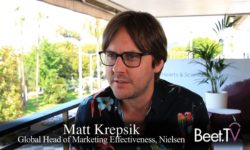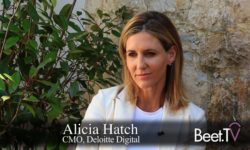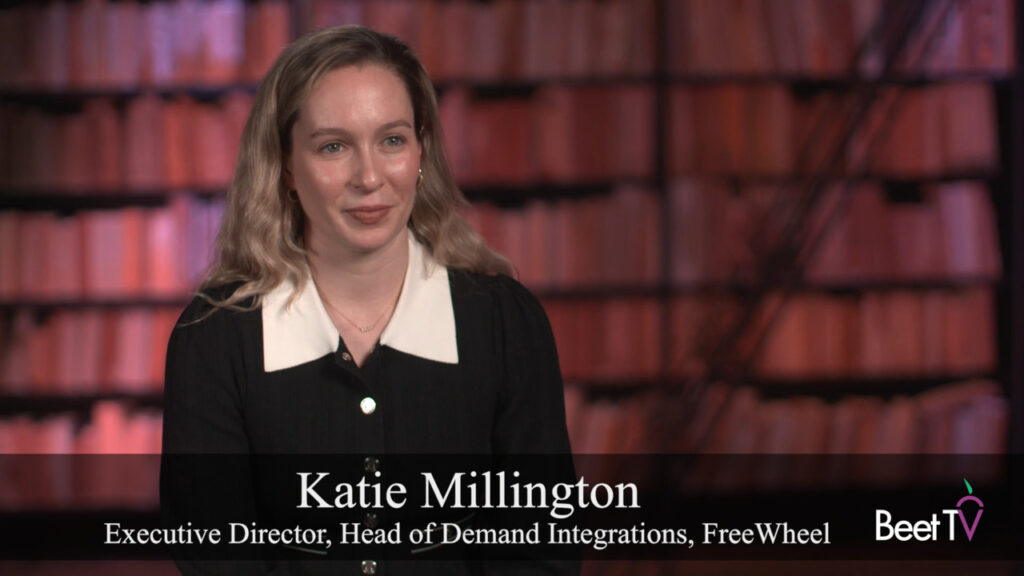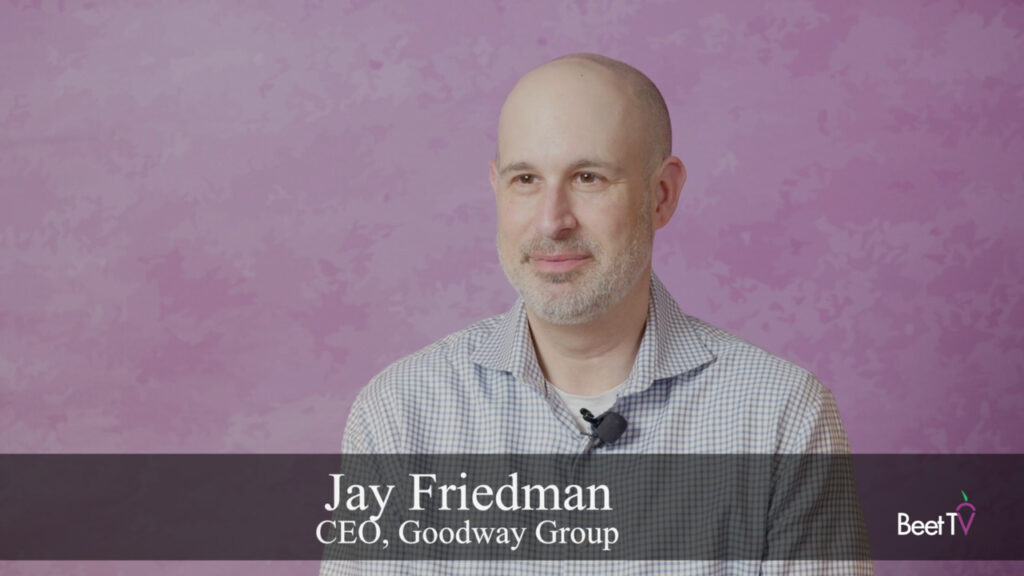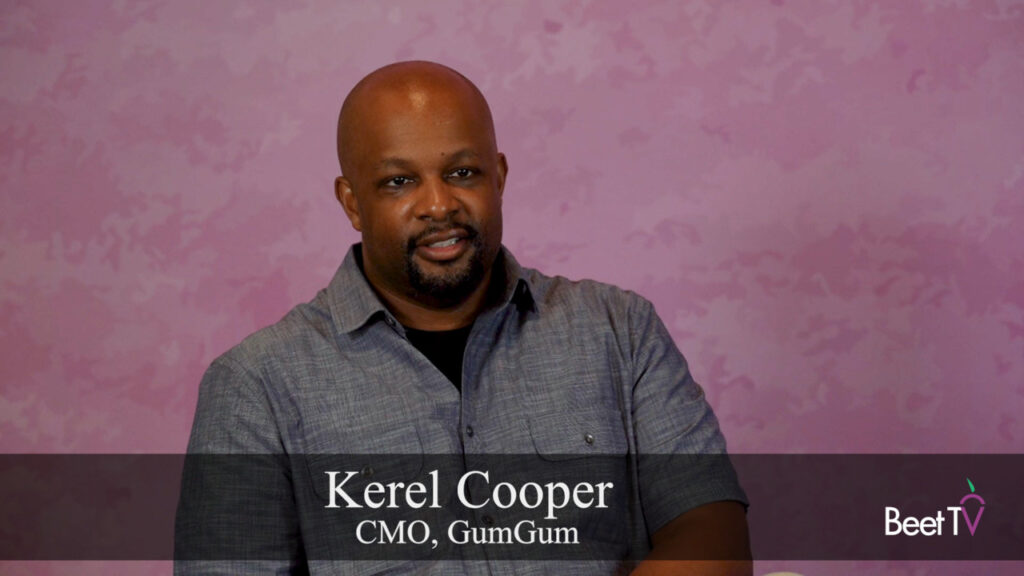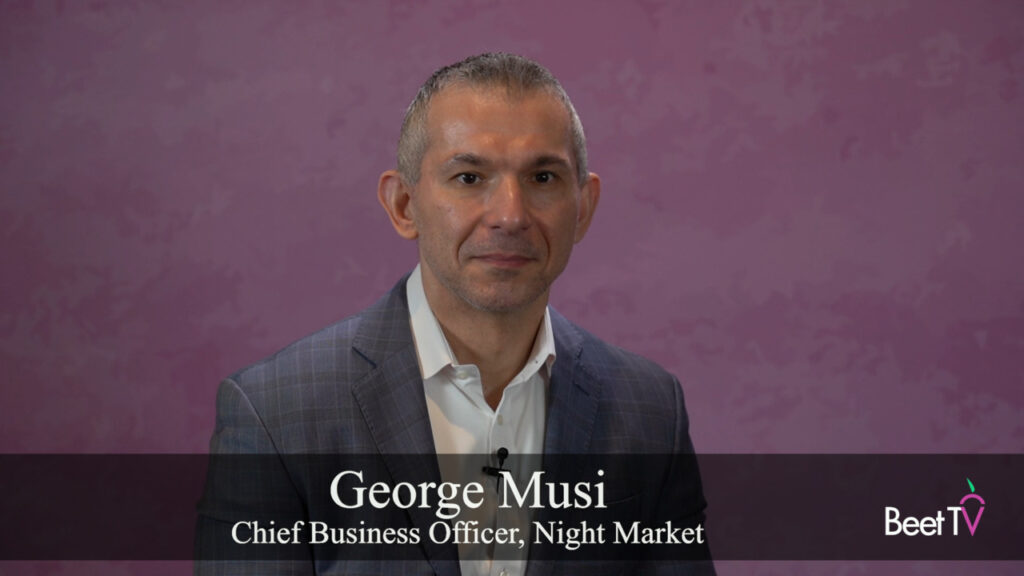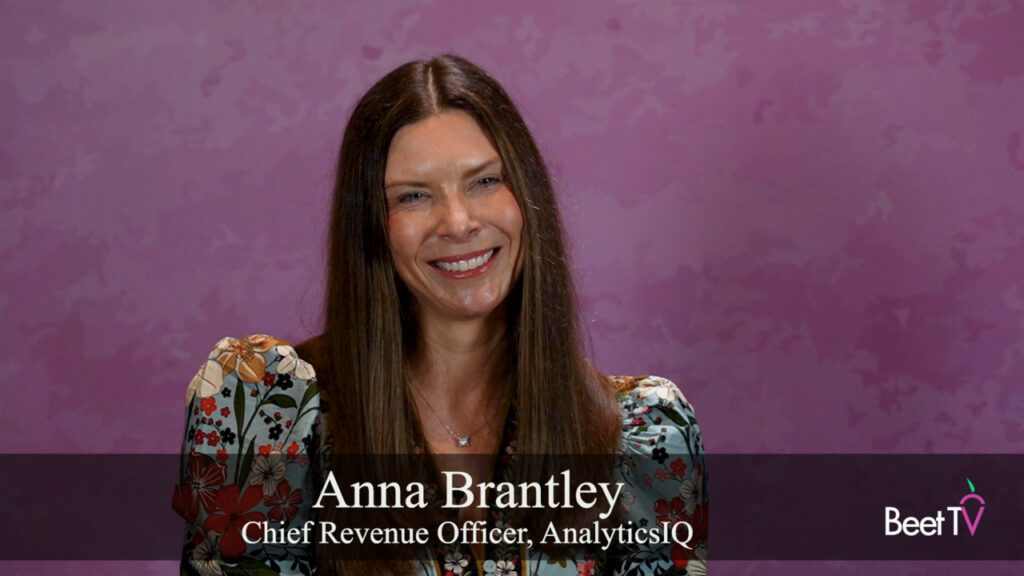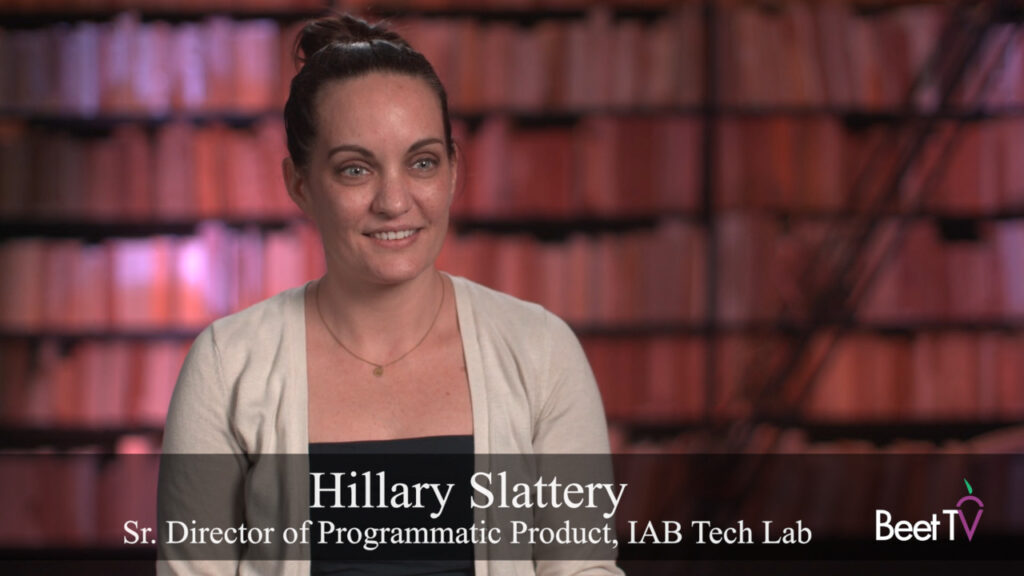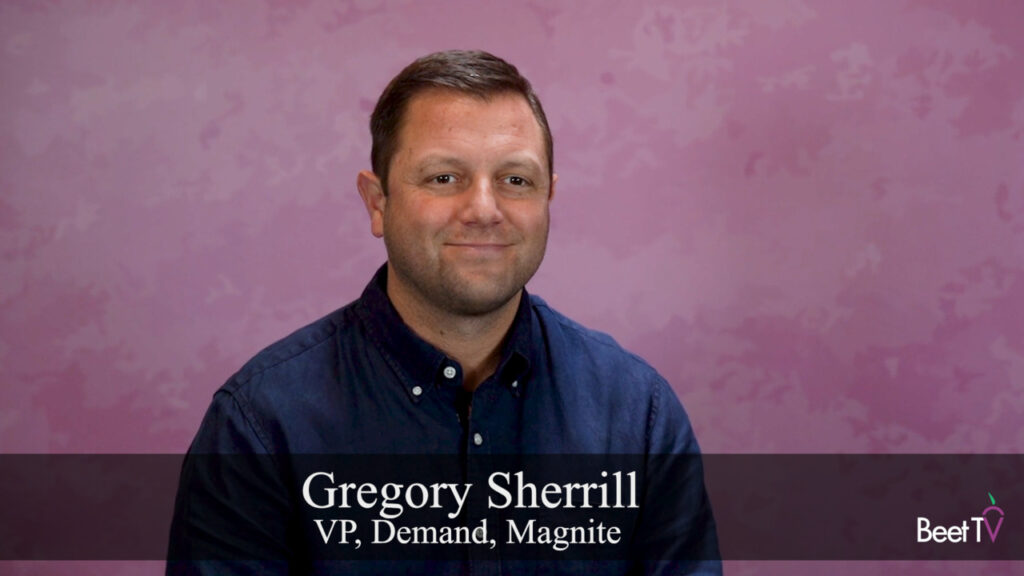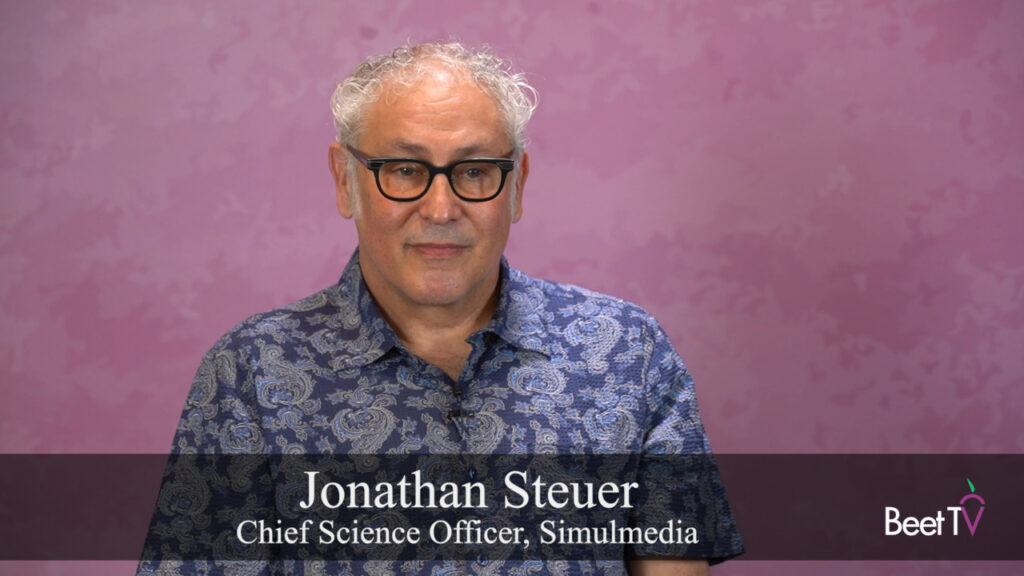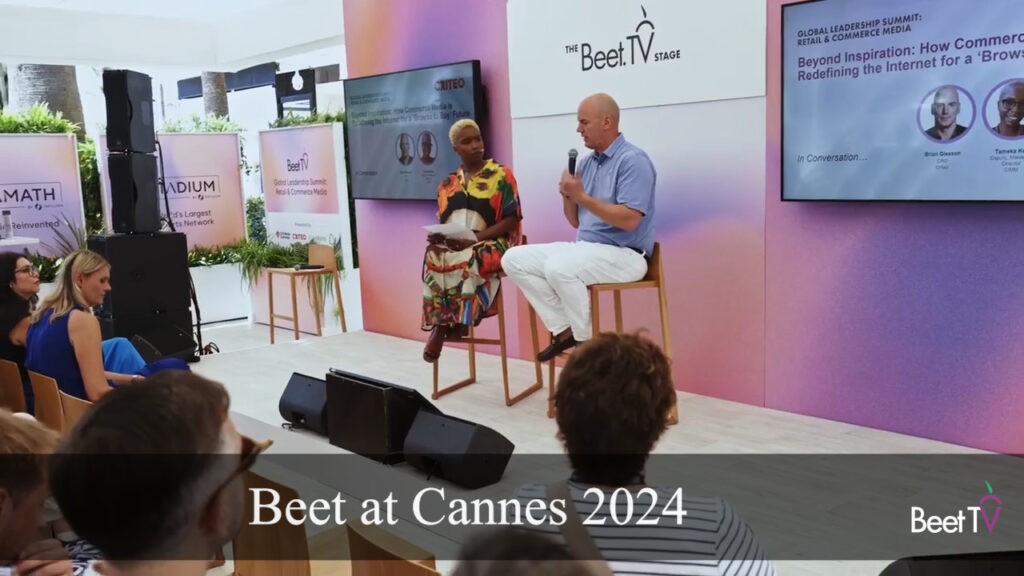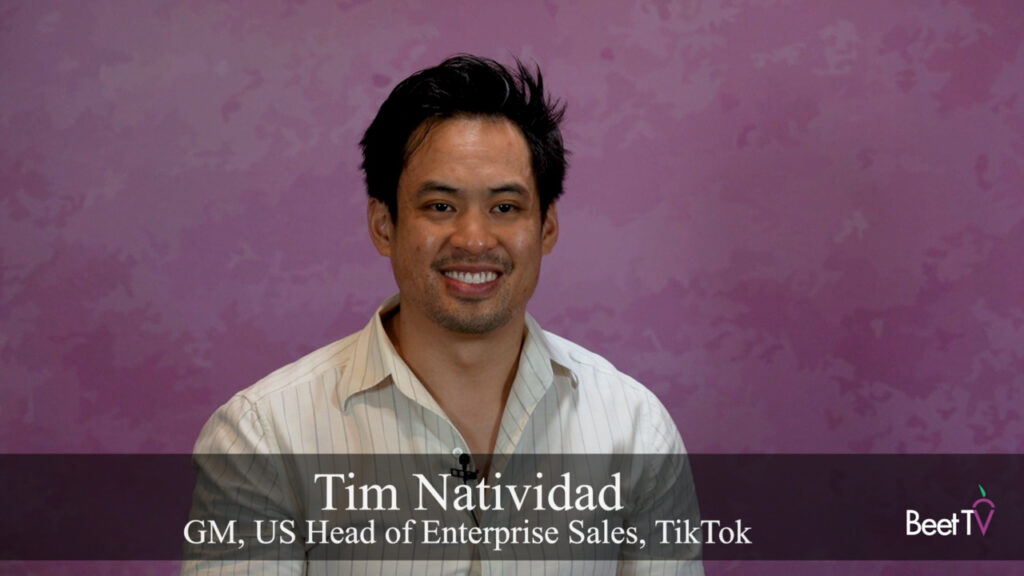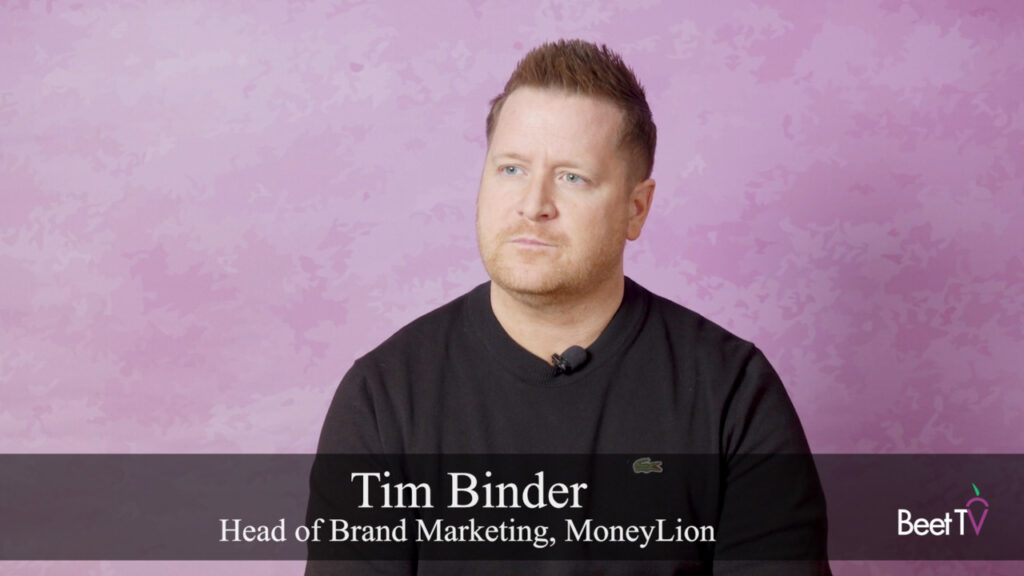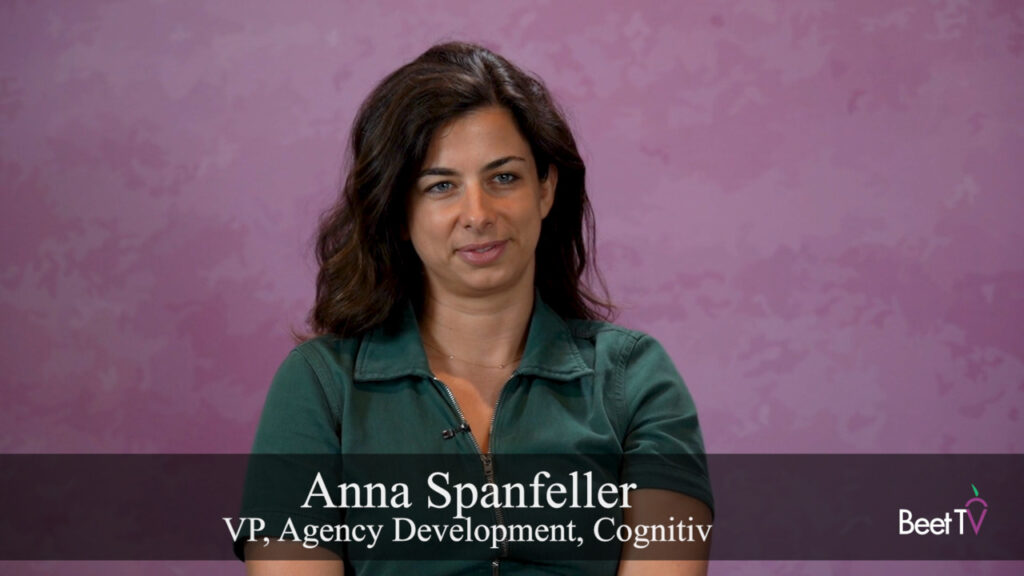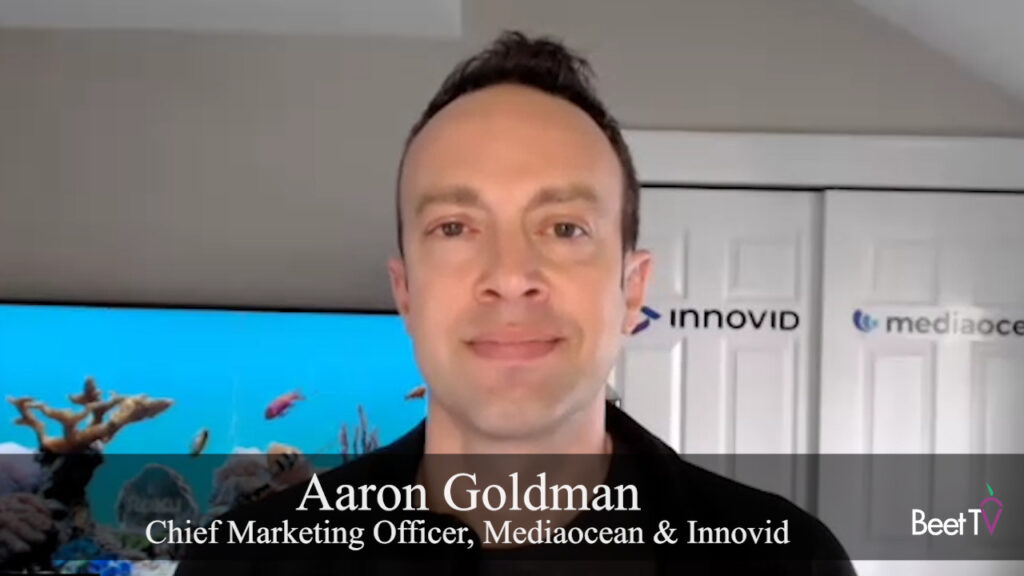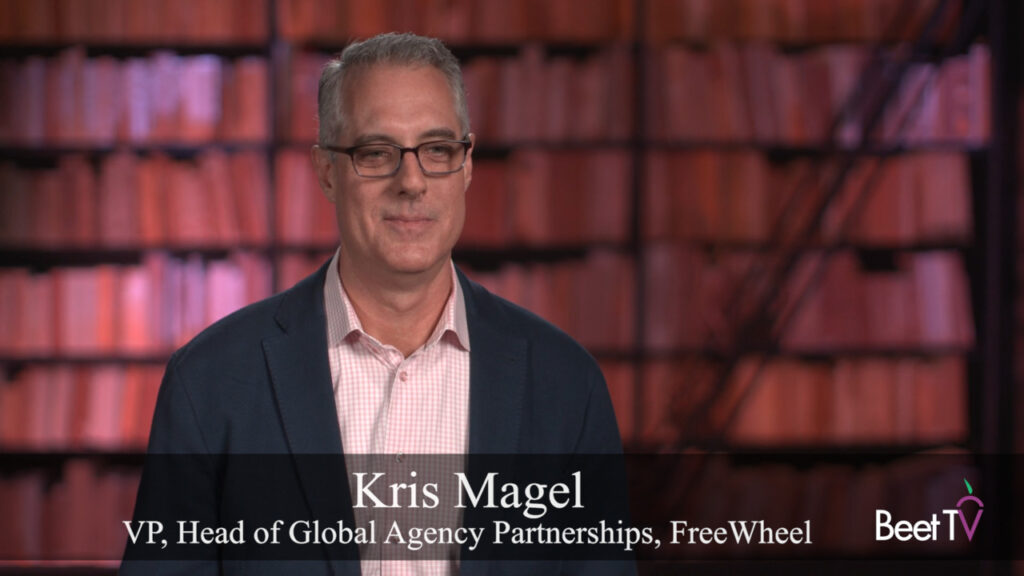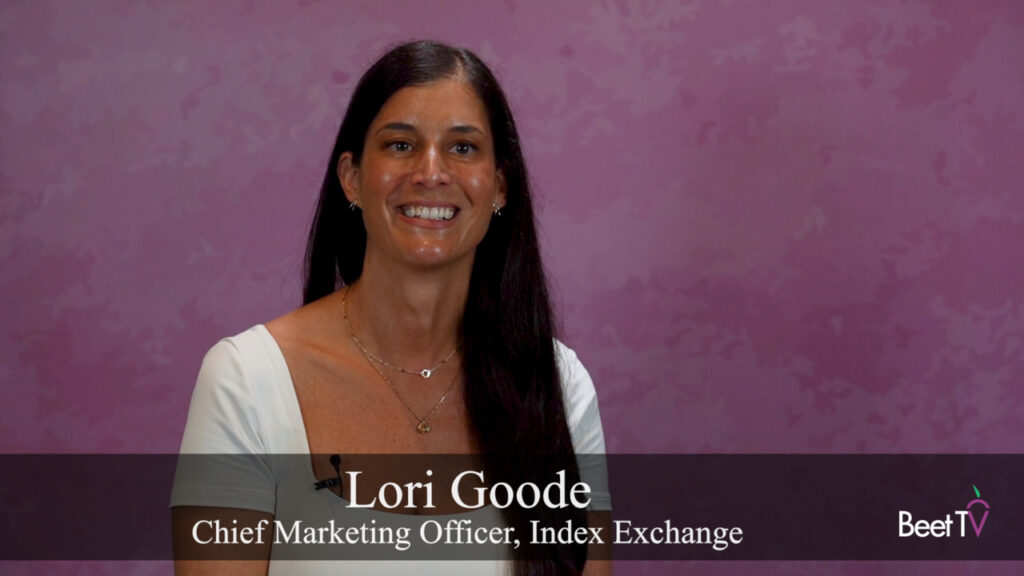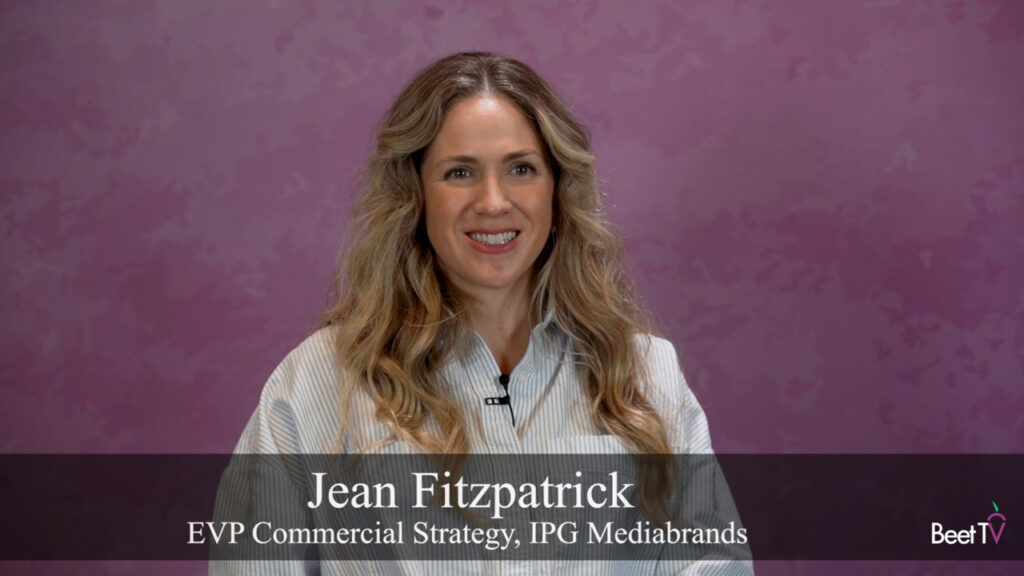CANNES—Not all programmers face the same issues when it comes to simplifying cross-screen, advanced advertising. This was readily apparent in a panel discussion with executives from Fox and Univision at the recent Cannes Lions International Festival of Creativity.
What also came to the fore in this segment recorded at the Beet.TV advanced TV summit and presented by Amobee and hosted by Hearts & Science was differences of opinion about the role of technology providers and the status of the OpenAP audience-targeting consortium.
Asked by panel moderator Jon Watts, who is managing partner of research and strategy consultancy MTM, about Fox’s approach to advanced advertising, VP of Audience & Automated Sales Dan Callahan says the company is “piecing the bits together. There’s a million different places where our content is distributed and each has different rules and standards and tech specs, and that’s what makes it hard.”
He described a process wherein it’s “very much what can we deliver across these five platforms and what are their standards and methodologies. And then you have to have the conversation with the client and they’re like ‘we agree with these five but not these five’ and it’s a mess.”
So while everyone agrees on the need for convergence, “right now unfortunately it’s packaging smaller bits of our content and here’s what we can sell this way, here’s what we can sell this way, are you willing to accept it?”
Things are much different at Univision, as President, of Ad Sales & Marketing Steve Mandala explained.
“We have tried a lot of things, sought quick failure and fast learning on it too,” Mandala said. “One of the reasons that I’m glad to be able to be here because I don’t think we’ve figured out our solution yet. I think we’ve learned a lot of things along the way, typically much more of what we don’t want to do than what we do want to do. And are still searching for it.”
What Univision lacks in complexity can largely be attributed to the fact that 92% of its primetime programming is still watched live. “So we don’t have the issue of the time-shifted, alternative viewing sources that is so prevalent with all of our competitors, colleagues, peers. The issues regarding standards and unification of those standards are going to happen. It’s going to get fixed. It’s a rule of nature basically. It won’t happen as quickly as any of us want it to, but it’s going to happen because it’s the only way that the industry can come together.”
Mandala was not big on praise for tech providers, most of which he described as promising “silver bullets” that fail to solve what they purport to solve. “We’ve been completely dissatisfied in what we have found so far, other than Videology to be quite honest, is that there’s a flavor of the week all the time. It’s what is the next silver bullet that’s going to fix things. The truth is that very few of these things have yet panned out. The thing for us is to try to find those places where we believe that they’re really delivering simplified value.”
When the conversation shifted to OpenAP, Mandala noted that Univision was one of the first non-original partners to join the initiative “and I completely agree and endorse what OpenAP started with and still do.” However, Univision has had “an incredibly disappointing first year with OpenAP” and Mandala voiced doubts about so-called industry standards.
“There has to be a common vernacular. And the question is, is it going to be the seller or the buyer who develops that lexicon and that vernacular? What I worry about is that as we do this as sellers, we’re asking buyers to change their way of doing business to accommodate what we decide is the way that lexicon process should all be structured.
“Yet on the other side,” Mandala added, “I don’t think that the buyers can hardly agree what day of the week it is let alone a standard like that. Agency A will compete with Agency B in reviews based upon their view of how they deal with advanced advertising. So I don’t think it’s actually to the advantage of the agencies to have a standard in many ways so they can differentiate themselves.”
Callahan was more sanguine about OpenAP. “I feel like OpenAP is really putting their best foot forward to solve what they feel the programmers’ situation is, and then it really is the agencies and the brands and the others that can come to the table if they want to band together.”
This video is from Cannes Lions if from our series, Capitalize on Convergence, presented by Amobee. For more videos from the series, visit this page. To find all Beet.TV coverage from Cannes, please visit this page.






